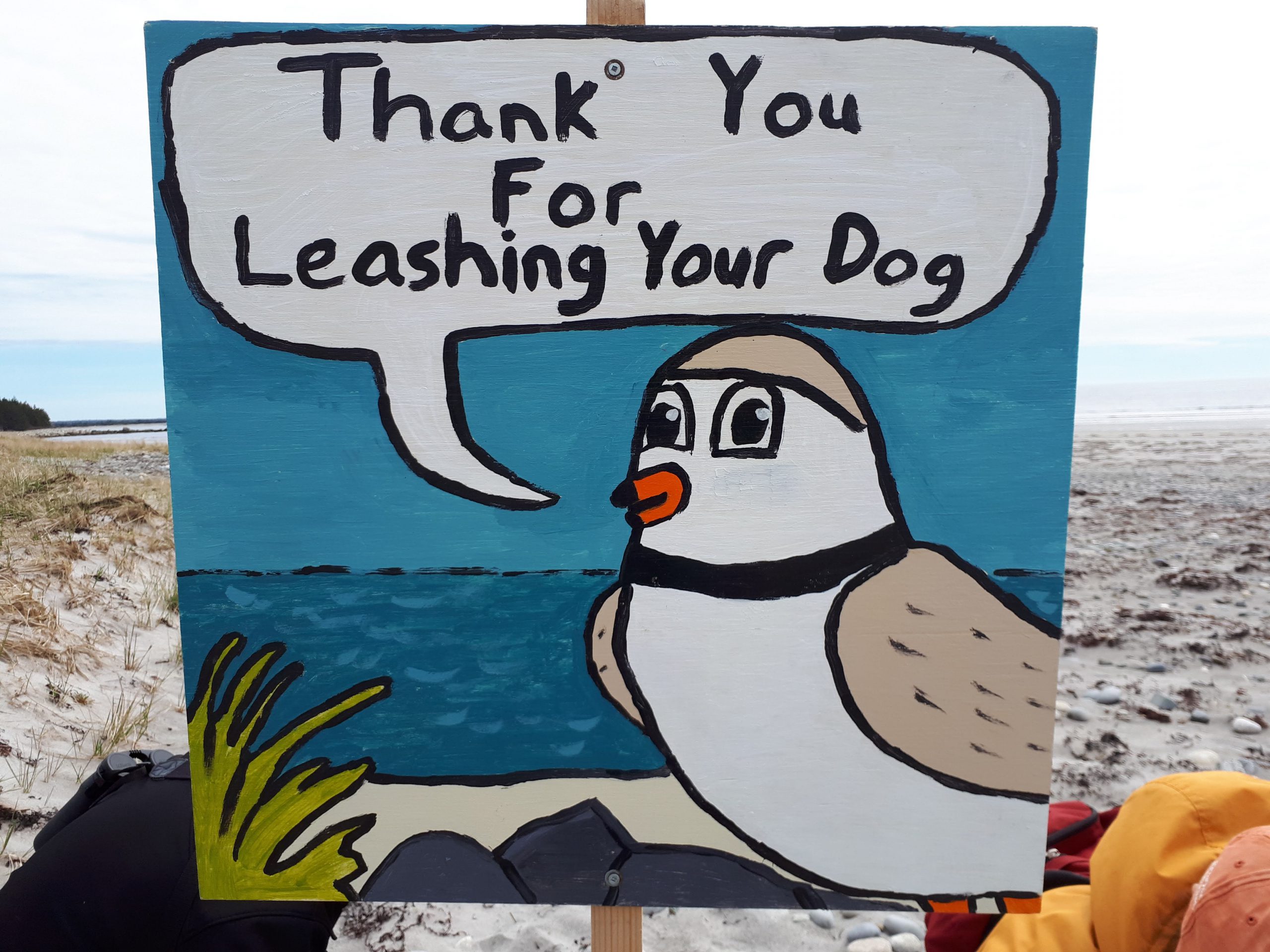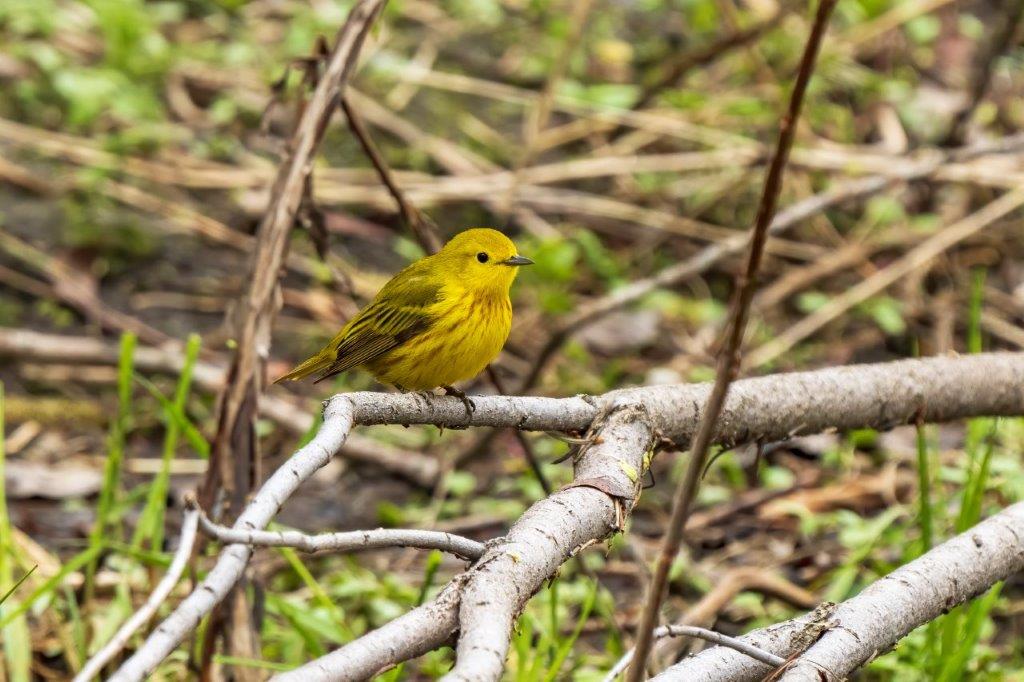We know how passionate our readers are about helping birds, so we created this list of ideas you can try right now, this summer. These are also great ways to learn more about birds, try something new, get active, or enjoy family time!
Please share this list to fellow bird lovers and make an even bigger impact.

Photo: Laura Bartlett
Experience Birds
If you participate in these activities, please do so in compliance with all COVID-19 safety guidelines and restrictions mandated by provincial and local authorities. Thank you for staying safe and helping us get back to “birding as usual”!
Join eBird Canada: eBird is one of the world’s largest Citizen Science projects. Anyone can create a free account. Watch birds anytime, anywhere, then submit your bird observations. You will be adding to a worldwide database used for scientific research and for informing conservation decisions.
Take part in the Canadian Lakes Loon Survey: Monitor loons at any lake in Canada that you visit throughout the summer. This program runs from June to August. Please visit the Loon Survey page to learn more and get involved.
Sign up for SwiftWatch: If Chimney Swifts roost in your community, you can help keep tabs on their population by monitoring a roost site. Please contact our Ontario or Maritimes SwiftWatch coordinator for more information.
Contribute to a Breeding Bird Atlas: Collect evidence of breeding birds in Saskatchewan, Ontario, or Newfoundland. Get better acquainted with your region’s birds and help create a valuable reference that will inform conservation decisions. Learn more.
Join the Great Canadian Birdathon: Go birding in support of conservation! This year you can do your Birdathon any time, now through December. All you need to do is sign up, pick a day to go birding, and ask family and friends to support you. Find out more.

Photo: Laura Bartlett

Photo: Moriah Tanguay
Home and Garden
Garden for birds: If you have some outdoor space, you can re-create habitat for birds! Gardening with native plants provides resources birds need to survive and thrive: shelter, food, water, and more. Our new Gardening for Birds resources will walk you through planning your gardening, identifying your Bird Garden Zone, and selecting suitable plants for your location: https://birdgardens.ca/
Peek before you prune: Check carefully for nests before you prune bushes, trees, and hedges.
Prevent window collisions: Find out how to make windows and other glass surfaces (e.g., balcony railings) safer for birds. If you decide to purchase Feather Friendly’s DIY kit for preventing collisions, you can use coupon code BirdsCanada – Feather Friendly will donate ¢75/roll to support bird conservation work.
Be your cat’s favourite purr-son. Provide cats with entertainment and exercise with a “catio”, harness walking, or indoor playtime. Choosing alternatives to allowing cats to roam outside saves bird lives – and helps cats live longer, healthier lives as well.
Do a feeder safety check. Keeping bird feeders and baths clean protects birds from mold and disease. Check out our tips for feeder care. If you see sick birds or hear reports of sick feeder birds in your area, you should take additional precautions to keep birds safe. Learn more about recognizing sick birds and how to respond.
Find a new favourite brew. Choosing certified Bird-Friendly coffee supports growing methods that provide habitat for birds like the Canada Warbler! If you purchase Bird-Friendly coffee from Birds and Beans using promo code BirdsCanada, 10% of your purchase will be donated in support of Birds Canada’s conservation work.

Yellow Warbler Photo: Daniel Arndt
Out and About
Watch birds – from a distance: Many birds are raising young or migrating and need to devote their time and energy to these challenging tasks. Use binoculars or long camera lenses to see birds up close without disturbing them. Slow down and give waterbirds a wide berth when you are boating. Stay back from shorebird flocks when they stop to rest during migration and keep pets on a leash at the beach.
Keep bird families together. If you see what appears to be a baby bird out of the nest, it’s most often a fledgling who is learning to fly and is still being cared for by its parents. Bird and Moon comics created a helpful and humorous guide that you can refer to on what to do if you find a baby songbird.
Thank you for all you do to help birds – in the summer, and year-round!
